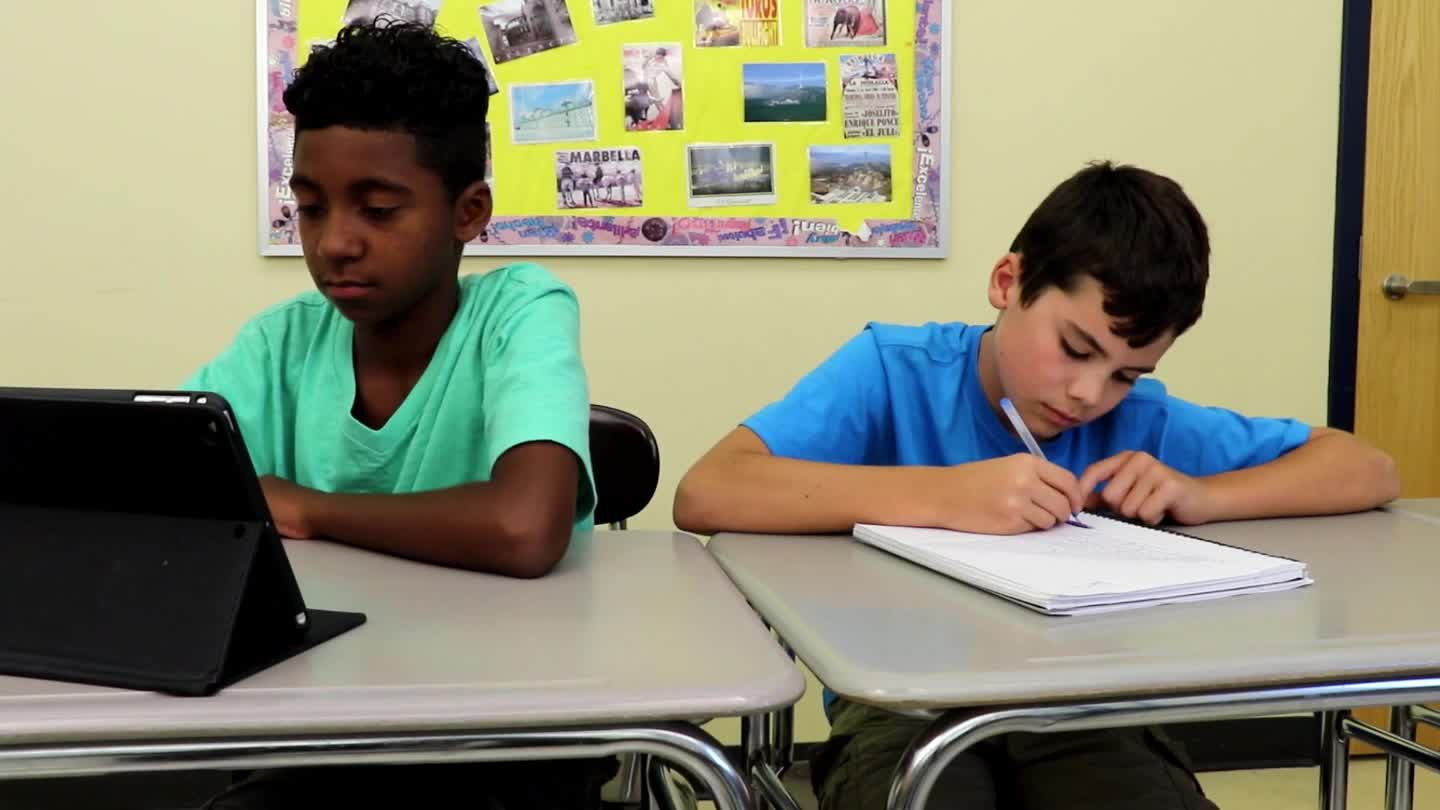
Introduction
Effective communication is a crucial skill that children need to develop, as it helps them express their thoughts, feelings, and ideas clearly. In this blog post, we will discuss a no-prep activity that educators can use to teach elementary students how to convey information in a way that is easy for others to understand. By incorporating principles of Social-Emotional Learning (SEL), we can help students develop empathy and improve their communication skills.
No-Prep Activity: The Information Puzzle
This activity requires no preparation or materials from the educator and is designed to teach students the importance of providing complete and clear information when communicating with others.
- Divide the students into pairs.
- Ask one student in each pair to think of a recent event or experience they had. It could be a birthday party, a trip to the zoo, or any other memorable event.
- Have the student describe the event to their partner in just a few sentences, making sure they include essential details such as who was involved, what happened, and when it took place.
- The partner should then ask questions to gather more information about the event. This will help the first student understand if they provided enough information for their partner to understand the situation.
- Switch roles and repeat the process.
By engaging in this activity, students will learn to think about the information they share when communicating and consider what their listener already knows. This will help them develop the habit of providing clear and complete information, leading to more effective communication.
Discussion Questions
After completing the activity, use the following questions to encourage further discussion among students:
- Why is it important to provide clear and complete information when communicating with others?
- How did you feel when you had to ask questions to understand the situation better? Did it help you get a clearer picture of the event?
- What strategies can you use to ensure you are providing enough information when sharing your experiences with others?
- How can you use empathy to understand what information your listener might need to comprehend your message?
- How might improving your communication skills benefit your relationships with friends and family?
Related Skills
Teaching effective communication is just one aspect of Social-Emotional Learning. Other related skills that can help students develop healthy relationships, understand emotions, and navigate social situations include:
- Active listening
- Empathy
- Emotion recognition
- Conflict resolution
- Collaboration and teamwork
Next Steps
Are you interested in exploring more activities and resources to teach effective communication and other essential SEL skills? We invite you to sign up for free samples of our skill-based materials and discover the power of Social-Emotional Learning in your classroom. By incorporating these principles into your teaching, you can help students develop the skills they need to succeed in their personal and academic lives.

